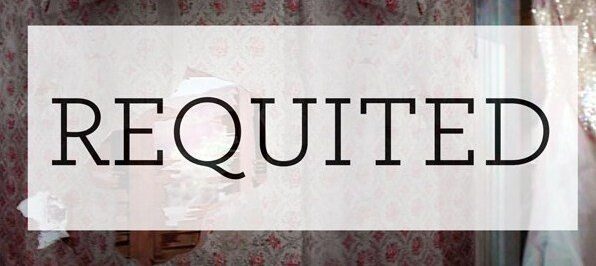The new library downtown was larger than the previous downtown library, filled with shelf after shelf, all unmarked. Even the sections were unmarked. The floors, too. The woman at the information desk told me that the city had cut the funding before the new library could pay to have anything marked. Politics, she told me. It is the duty of each administration to destroy the work of the previous administration. Bad timing, she said. Rotten conditions for a new library, I agreed. Not even the staff knew where most of the books were. There were entire floors out-of-order, with books on the first world war next to Plato’s Timaeus, next to a recording of sound effects used in the film Red Dawn, and the elevator hidden behind boxes of misplaced Newsweeks. I soon found myself lost in Contemporary Poetry, or what at any rate appeared to be Contemporary Poetry—it was impossible to know if, beside Eavan Boland, I might find The Faith of George W. Bush. It was easier to read right there than to try to check anything out. I wasn’t sure, after all, if I’d be able to find my way back to the circulation desk. In the back of one of Mary Ruefle’s books, the one with the poem about James Dean as a farmer, was a picture of a teenage girl, a digital photograph that someone had printed on low-quality paper, and then had traced, steady-handed, with a pencil, so that the effect was of a smoothing-out of whatever imperfections her face might once have had. I couldn’t not take the picture. It was as lost as I was. On the back, also in pencil, two names: X, love Y.
James Tadd Adcox lives in Chicago, where he edits Artifice Magazine, and is at work on a PhD at the University of Illinois-Chicago. He has had work published in PANK, n+1, and The Literary Review, and forthcoming in Barrelhouse and Another Chicago Magazine.
